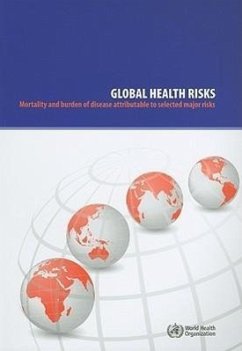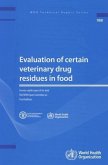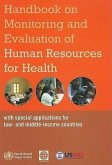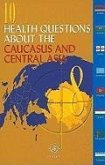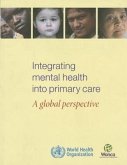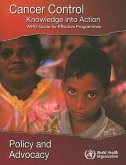This report uses a comprehensive framework for studying health risks that was developed for the World Health Report 2002, which presented estimates for the year 2000. The report provides an update for the year 2004 for 24 global risk factors. It uses updated information from WHO programs and scientific studies for both exposure data and the causal associations of risk exposure to disease and injury outcomes. The burden of disease attributable to risk factors is measured in terms of lost years of healthy life using the metric of the disability-adjusted life year (DALY). The DALY combines years of life lost due to premature death with years of healthy life lost due to illness and disability. Health risks are in transition: populations are ageing owing to successes against infectious diseases; at the same time, patterns of physical activity and food, alcohol and tobacco consumption are changing. Low- and middle-income countries now face a double burden of increasing chronic, noncommunicable conditions, as well as the communicable diseases that traditionally affect the poor.
Hinweis: Dieser Artikel kann nur an eine deutsche Lieferadresse ausgeliefert werden.
Hinweis: Dieser Artikel kann nur an eine deutsche Lieferadresse ausgeliefert werden.

